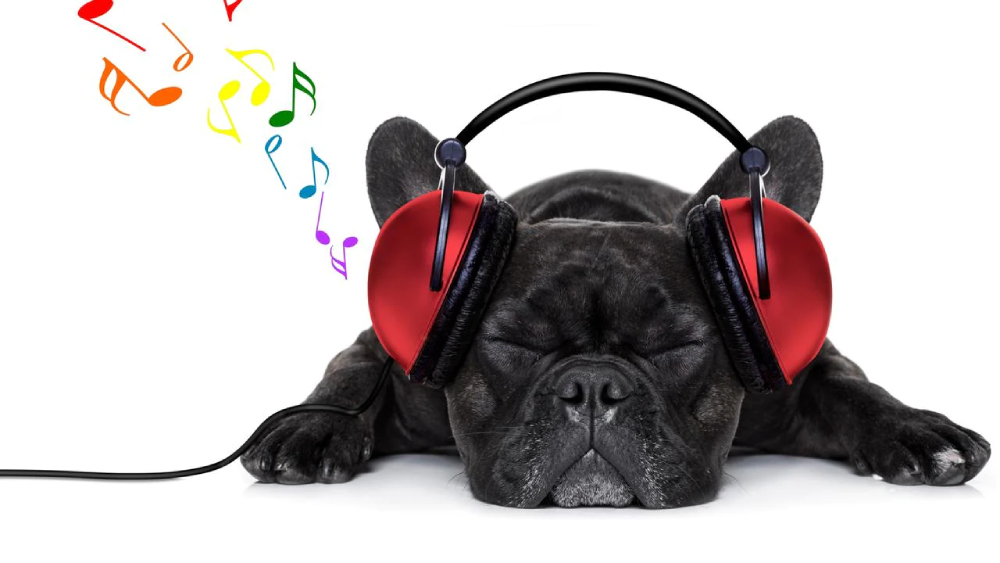Golden Slumbers Start With a Song

‘One of the rules of sleep rituals is, whatever works for you’- Mathias Basner.
- HEIDI MITCHELL
- The Wall Street Journal Falling into a dream state can be anxiety-inducing for the around 25 per cent of people who say they have difficulty sleeping most nights. Some turn to music, hoping gentle sounds will guide them to the land of nod.
Though few studies have looked at the impact of music on sleep, one expert, Mathias Basner, an associate professor of sleep and chronobiology in psychiatry at the University of Pennsylvania’s Perelman School of Medicine, explains how sounds can affect sleep and why rituals are the key to a restful night.
Music And The Brain
The auditory system serves as a watchman, says Basner, who has studied the effects of ambient noise on sleep. “It never shuts down, constantly monitoring the environment looking for potential risks or dangers.” The brain not only evaluates sound levels but also content. In a 1960 study, names were played to research subjects as they slept. If the subject’s name or that of a close relative was spoken, he was more likely to awaken than at the name of a stranger. “So it likely matters what sounds are being played while you’re trying to fall or stay asleep,” Basner says.
In a recent meta-analysis of 20 studies, 95 percent of 1339 insomnia patients, mostly in Asia, self-reported that listening to music was the best intervention to help them fall asleep. “But it is not clear whether the music was played while they were trying to fall asleep, or before sleep,” Basner notes. Also unclear was what type of music was most effective.
The Bedtime Ritual
Experts have standard rules on what is known as sleep hygiene. The room should be cold but not too cold; it should be dark and quiet; and you should follow rituals that signal it is time for bed. Brushing one’s teeth, putting on pyjamas and turning off the lights can be signals to the body that it’s time to secrete melatonin, the hormone that helps us feel sleepy.
Listening to music could also be a trigger. “If you always play a James Taylor album to fall asleep, that could be part of your bedtime ritual, and it will help,” Basner says. But he doesn’t know of any studies that prove music will help you stay asleep, facilitate a more restful sleep, or if it has any effect on melatonin. In laboratory and field studies on ambient noise — but not specifically music — the professor has documented dream sleep arriving later when people are exposed to external sounds, but he didn’t find hard evidence that falling asleep was affected.
Sound Advice
The professor knows of one study that showed students who regularly listened to music to fall asleep dozed off faster in a lab with music. But as there were only 12 participants, he doesn’t believe the evidence is sufficient to recommend music to everyone. “One of the rules of sleep rituals is, ‘whatever works for you’, and that might outweigh the results of this study,” he says. Still, if you want to listen to music to help you sleep, Basner suggests following a few guidelines. Because people typically fall asleep between five and 30 minutes after hitting the pillow, he recommends you set music to a half-hour timer.
One of the most important sleep stages happens during the first half of the night, he says, when critical neurological processes that aid in memory consolidation take place. At that point, the room should be silent.
Basner also suggests you choose music that is soothing: “If the music is of someone singing with real content and crescendos and decrescendos, that may well wake you up.”
As for Basner himself, he prefers falling asleep to the sound of silence.
The Wall Street Journal
